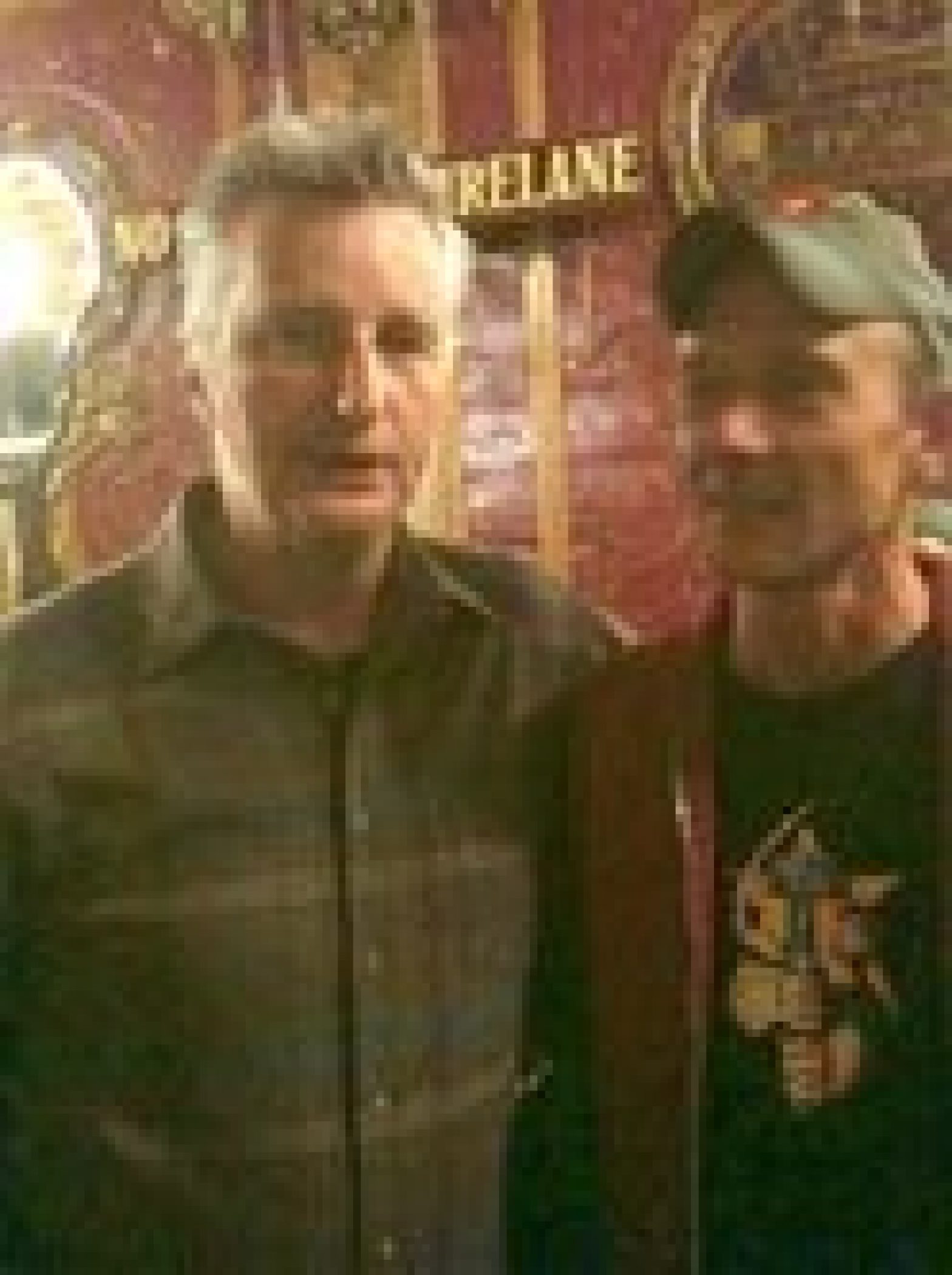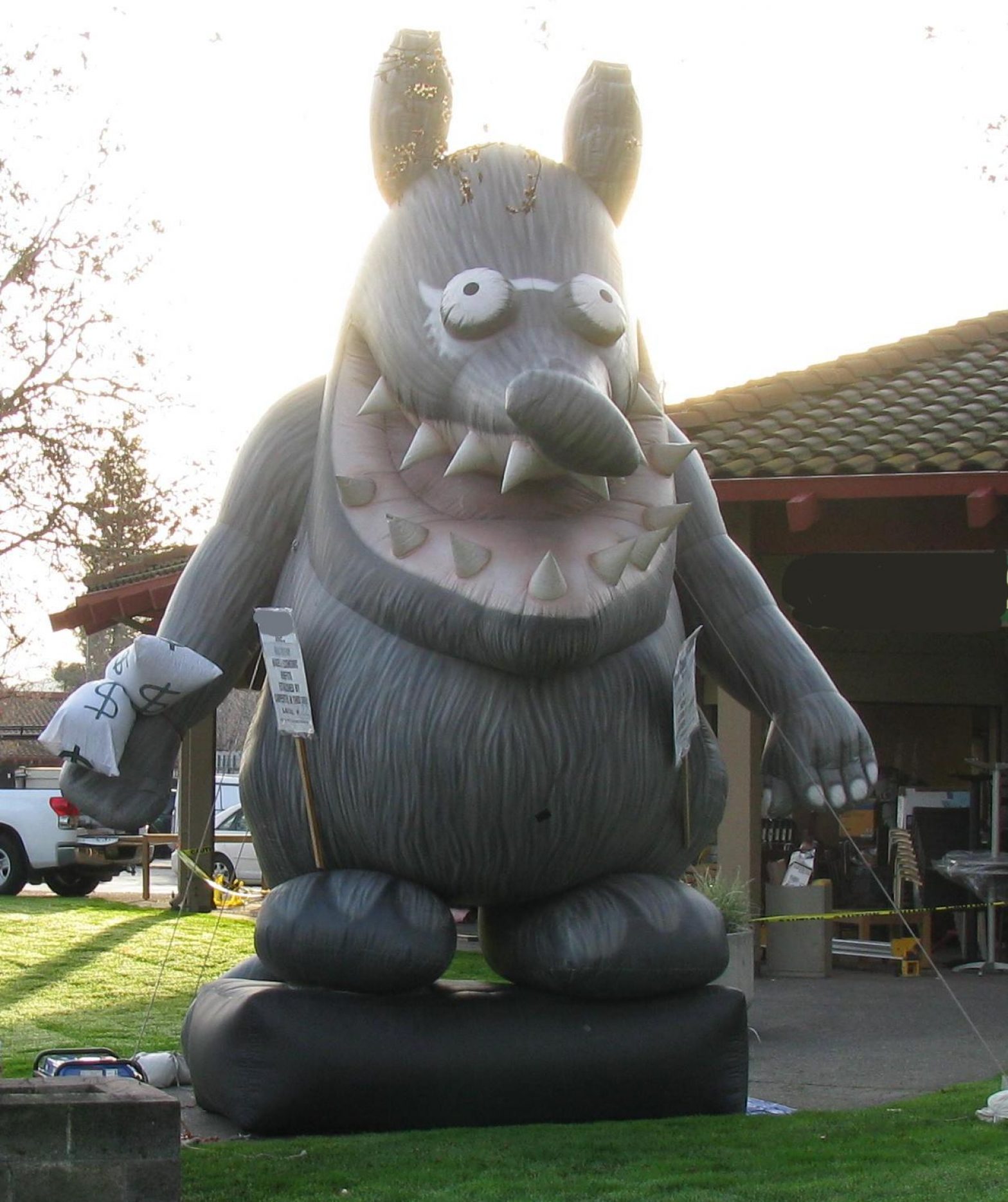Economy & Business
Billy Bragg saved my life
There is something about being unemployed — or underemployed, as it is cutely referred to these days — that puts a crimp in one’s life. What is harsh is the loss of hope that comes with long-term unemployment. It is the constant effort to keep optimistic and on top of things while isolation grinds one down. Unemployment focuses the mind on individual survival, instead of collective solutions. Watching Billy Bragg perform recently at the Great American Music Hall in San Francisco was, for me, a desperately needed injection of hope and a reminder that there is a lot more to life than getting by.


